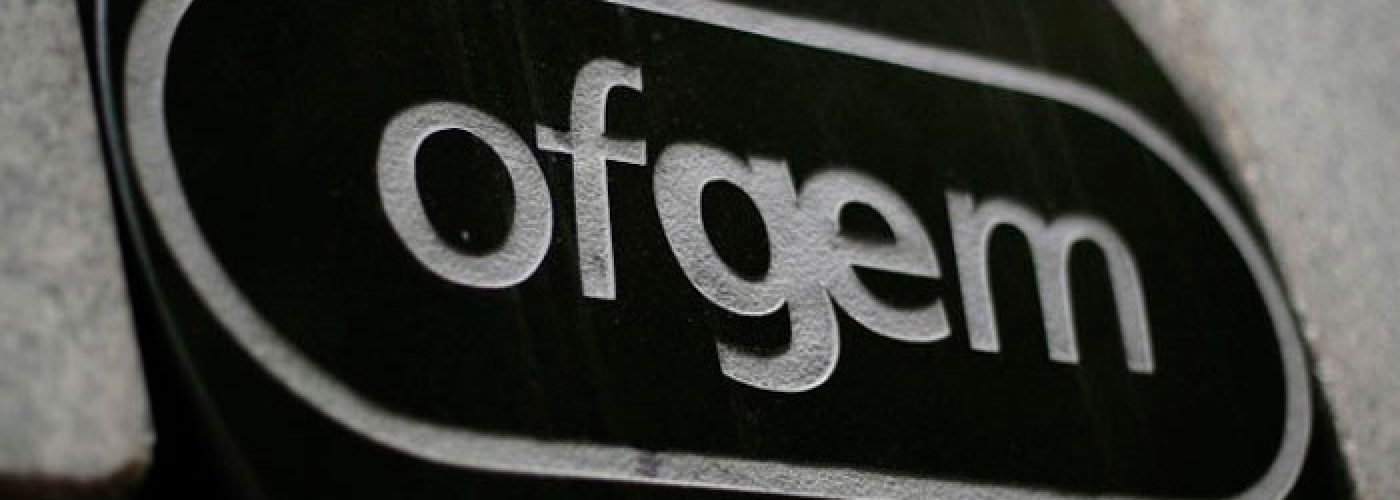Energy companies are divided over the need for a mid-period review (MPR) within the present eight-year price control for businesses operating both in electrical energy and gasoline transmission, and fuel distribution.
Big six provider British Gas and consumer body Citizens Advice are heading up the decision for an MPR for all three sectors to establish whether the existing price control is appropriate. That call will take into account whether providers are offering value for money to consumers as well as addressing what has been described as the systemic “outperformance” of network operators according to their required outputs.
In its recent submission on the potential MPR to the regulator, Ofgem, British Gas conceded: “We recognise that much has changed since the first round of RIIO price controls were finalised which, in turn, has significantly impacted consumers’ interests”.
Charity and consumer lobbyist, Citizen’s Advice reported that the average return on investment for network companies in T1 and GD1 is “well in excess of what appears appropriate for such low-risk investment” – a stonking 9.4%. The charity went on express its support for an MPR and it represents “an opportunity to identify the root causes of outperformance, for both transmission and gas distribution.”
It was only last November that Ofgem recommended an MPR, asserting that, over the last 12 months, it had recognised some issues with price control management that an MPR could address. Issues identified included by the body included: network output measures, strategic wider works submissions, and incentive on both consumer and stakeholder sides. Ofgem didn’t, however, establish any points for gas distrbution that required reform.
As could be predicted, network operators have welcomed Ofgem’s findings on gas distribution while disagreeing with its support for a transmission-focused MPR, insisting the issues identified could be resolved without a sector-wide review.
Trade body the Energy Networks Association (ENA) chipped in, saying the changes resulting from the price control are “within the range of uncertainty anticipated in the design of RIIO-T1 and can be managed through the existing uncertainty mechanism,” adding that an MPR runs the risk of creating two four-year price controls and may “undermine longer term investor confidence.”
“Our transmission operator members would urge Ofgem to consider the longer term customer interest when assessing the scope of the RIIO-T1 MPR and not just the short terms benefits within the last four years of this price control,” ENA said.
Distribution and transmission operator, SP Energy Networks was the single provider to say it would support Ofgem’s decision if an MPR get the go-ahead. The company did however add that it felt the issues could be resolved more successfully with the employment of specialist firms and bodies.
SP Energy networks went on to insist that, “as a matter of fairness”, all companies – not just distribution – ought to reviewed if an MPR does go ahead.





